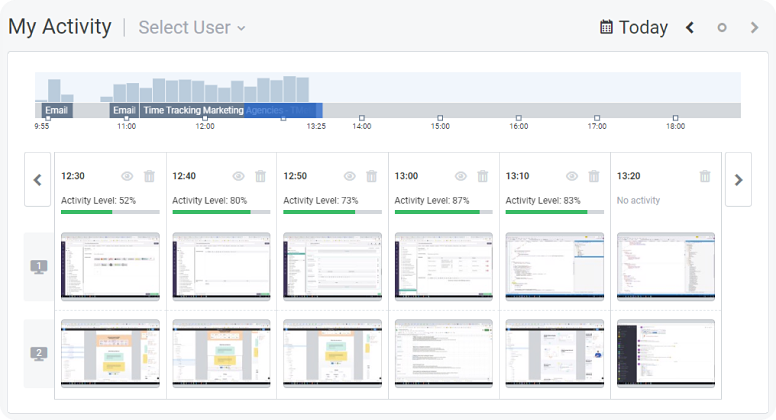
FREE LEGAL TIME AND BILLING SOFTWARE SOFTWARE
LEDES billing codes: For firms that need it, your legal billing software should allow you to easily format bills according to LEDES (Legal Electronic Data Exchange Standard). Varied billing arrangements: Your legal billing software should let you bill by the hour, or charge flat fees or contingency feesĬustom hourly rates and fees: This lets you charge different set hourly rates for different lawyers in your firm, and different flat fees for certain activities.Īctivity codes: These are standard codes assigned to different activities within your firm, such as research, document drafting, or contract review. How do I choose the best legal billing software?

You should also be able to keep track of your IOLTA (Interest On Lawyer Trust Account).įinancial reporting: You should be able to see accounts receivables, outstanding balances, and more in easy to read reports, organized by client, matter, or attorney. Trust account management: Your legal billing software should help you keep an accurate record of all trust accounts and transactions.

Outstanding client balances: You should easily be able to see the balance of client accounts and whether clients have paid or not. Your legal billing software should include a credit card processor that allows clients to pay their bills easily via credit card online. Payment plans: Your legal billing software should include the option to put clients on automated payment plans.Ĭredit card processing: Today’s clients no longer want to pay via check. Payment reminders: You should have the option to remind payments if an invoice is past due.
FREE LEGAL TIME AND BILLING SOFTWARE PROFESSIONAL
Invoicing: Bills should be automatically generated based on unbilled time and expenses logged to a case.Ĭustomizable bill themes or invoice templates: Your legal billing software should allow you to create clear, professional bills featuring your firm’s logo and any standard copy needed. You should also be able to use UTBMS codes (Uniform Task-Based Management System Codes) to give further detail on a LEDES bill. LEDES billing codes: For firms that need it, your software should allow you to easily format bills according to LEDES (Legal Electronic Data Exchange Standard). Legal billing software helps you keep track of it all.Īccounting integrations: Your legal billing software should integrate directly with your law firm’s accounting software for easy reconciliation of accounts.Īctivity codes: These are standard codes assigned to different activities within your firm such as research, document drafting, or contract review. Timekeepers: You should be able to track time as you work using stopwatch timers in your legal billing software, or have the option to add time entries after the fact.Įxpense tracking: Printing costs, mailing costs, and filing fees also need to be billed to clients. Varied billing arrangements: Your legal billing software should let you bill by the hour, or charge flat fees or contingency feesĬustom hourly rates and fees: This lets you charge different set hourly rates for different lawyers in your firm, and different flat fees for certain activities.

Below is a set of standard options you should look for first (Clio Manage includes all of these): The best legal billing software has a range of features to help your law firm bill efficiently.


 0 kommentar(er)
0 kommentar(er)
